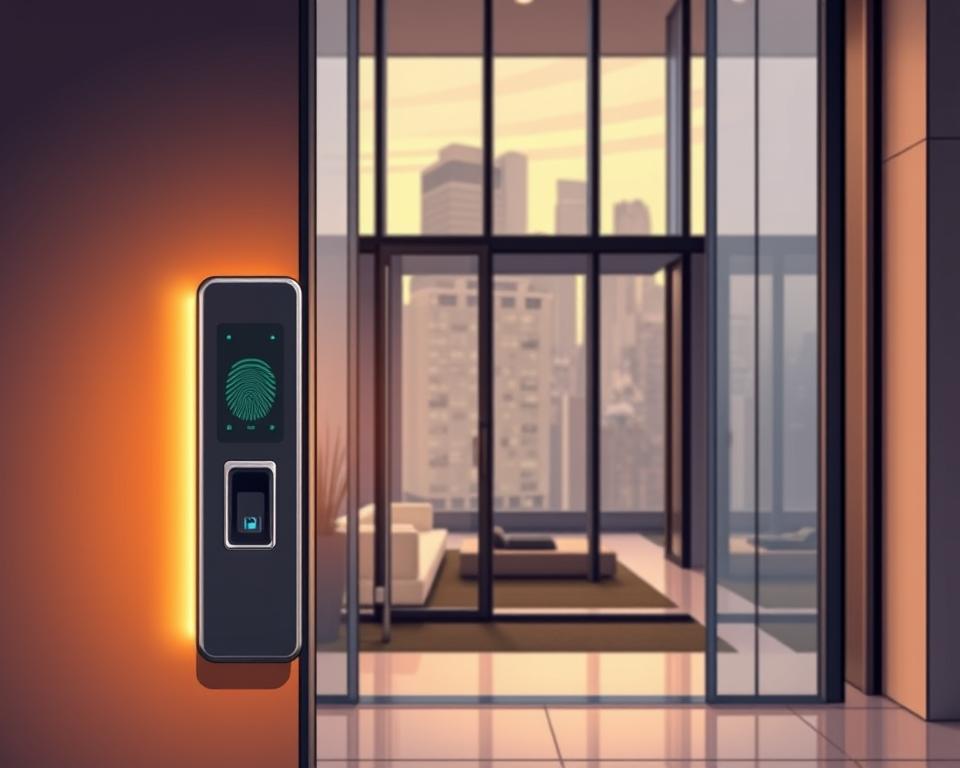Security Guards for Hire vs. In-House Teams in San Antonio
Vehicle Patrol Guard Services San Antonio – Expert Security Solutions
Did you realize that urban areas with marked vehicle patrol security can experience up to a 30% reduction in crime? That impressive figure emphasizes the importance of vehicle patrol security guards San Antonio in fostering community safety. Their visible presence discourages wrongdoing, offering peace of mind to locals and enterprise alike. In densely populated regions with pressing safety concerns, Divine Protection Services provides construction site security San Antonio through seasoned patrol teams.
Understanding Vehicle Patrol Security Services
Deploying mobile units staffed by trained guards, vehicle patrol security services raise safety and curb criminal activity. With marked vehicles, patrol teams can cover wider territories than on-foot counterparts. It provides continuous oversight in neighborhoods, shopping districts, and public venues.
They integrate regular driving circuits with prompt incident responses. This plan allows teams to spot and address risks without delay. Trained security guards can spot suspicious activities and act promptly, creating a secure atmosphere.
Vehicle patrols also offer peace of mind to property owners and residents. Seeing uniformed guards in patrol cars boosts overall safety and trust.
| Patrol Technique | Details | Benefits |
|---|---|---|
| Regular Route Patrols | Preplanned circuits patrolling selected locations. | Offers consistent visibility, discouraging wrongdoing. |
| Rapid Response Patrols | Quick reaction to emergencies and signals. | Responds fast to issues, boosting overall safety. |
| Randomized Patrols | Unpredictable patrol routes to increase effectiveness. | Deters crime through unpredictability. |

Perks of Vehicle Patrol Security Guards San Antonio
Putting resources into vehicle patrol security yields substantial benefits for San Antonio enterprises and households. The primary advantage is stronger protection. A visible security presence can deter criminals, reducing theft and vandalism risks.
Contracting vehicle patrol guards San Antonio leads to swifter incident handling. Mobile units let guards monitor vast regions quickly. They can thus address breaches with minimal delay. This proactive stance enhances safeguarding and comforts workers and visitors.
Steady patrol presence diminishes residents’ crime concerns. The presence of trained security personnel boosts confidence among residents and business owners. This vigilance effectively deters criminal activities.
Well-positioned patrol cars enhance protection throughout an area. Through comprehensive oversight, calm and security endure. It’s reassuring to know someone is always watching for unusual activity.
To sum up, benefits of vehicle patrol guards San Antonio are improved security, swift reaction, and strong deterrence. Together, they safeguard property and support community welfare.
Operations of Vehicle Patrol Security Guards
Vehicle patrol security guards are essential for maintaining safety and security. They schedule mobile patrols systematically, covering large areas efficiently. Guards stick to assigned circuits, maintaining constant awareness.
Communication devices are key in their patrol procedures. Guards keep in touch with their team and rapid response units, enabling quick coordination during emergencies. It lets them instantly relay updates and manage events.
Advanced technology has revolutionized vehicle patrol methods, enabling guards to monitor their environment effectively. Vehicle-mounted detection tools enhance threat spotting for preemptive action. Officers adjust to varying settings, maintaining performance under different conditions.
In short, patrol guard performance depends on structured processes, advanced tools, and instant communication. Jointly, they create a solid defense network securing both clients and assets.
Key Responsibilities of Vehicle Patrol Security Guards
Mobile patrol officers play a key role in securing varied environments. They perform several functions vital to community safety and asset defense. Chief among these is executing routine patrols. During these, guards watch over specific areas to prevent crime and ensure everything is secure.
They additionally serve as on-call reporters of events. They must record any unusual events, thefts, or damages that occur during their shifts. Such reporting is crucial for recordkeeping and law enforcement support.
A further key responsibility is checking property. Guards inspect doors, windows, and nearby areas to confirm safety. Their presence can deter intruders and reassure property owners.
Effective communication and customer service skills are also vital. They need to engage community members courteously and diplomatically. They need to handle inquiries or confrontations calmly, acting as protective figures in their communities. Cultivating goodwill among residents heightens their impact and provides reassurance.
Selecting the Right Security Company in San Antonio
Choosing a security company is a critical decision that affects the safety of your assets. Important points are certification, track record, and staff proficiency. During the security service evaluation, providers should show a strong track record of reliability and professionalism.
Probing their service competencies is crucial. Request information on instructional regimens to confirm adaptability to different risks. Furthermore, examine their usual reaction speeds in crises to gauge performance.
Patron feedback delivers important data for appraising agencies. Perusing online ratings and remarks assists in measuring prior client approval. This clarifies the provider’s market image.
Divine Protection Services stands out for its commitment to professional standards and quality assurance. Their standing is built on delivering security solutions designed around client requirements. By evaluating these factors, you can make a well-informed decision when choosing a security company.
Services Offered by Divine Protection Services
Divine Protection Services is renowned for its wide range of security services in San Antonio. They offer solutions for both businesses and residential areas. Their team specializes in armed and unarmed guards, providing a personalized security approach.
Their mobile patrol services are a standout feature. Patrol cars scan metropolitan and outlying areas to deter crime. Customers value the reassurance provided by expert officers on-site.
They appreciate that all clients have individual protection demands. They design tailor-made security strategies. They include solutions for events, location-based needs, and comprehensive risk mitigation. This individualized strategy assures customers that their priorities are covered.
To recap, Divine Protection Services provides an extensive array of protection services. Their menu comprises vehicle patrols and customized security plans for San Antonio. Their focus on personalization guarantees the best protection approach for clients.
Pricing for Vehicle Patrol Security in San Antonio
Rates for mobile patrol security fluctuate greatly. This is due to several factors, including the level of security needed and how long the service lasts. Clients should evaluate their requirements before reviewing patrol service rates. Costs in San Antonio may be billed per hour or via subscription plans.
If affordability is key, understanding rate models is crucial. Prices usually fall between $30 to $60 per hour, depending on the service’s complexity. Long-term contracts often unlock discounted pricing, beneficial for regular patrol requirements.
| Service Type | Rate | Subscription Rate |
|---|---|---|
| Standard Patrol | $35 per hour | $1,000 |
| Enhanced Surveillance | USD 50/hr | 1,500/month |
| Emergency Response | $60 per hour | $1,800 |
Investing in professional vehicle patrol services is a smart move to boost safety. This investment not only safeguards your property but also enhances the security feeling for both employees and customers.
Sectors That Rely on Patrol Security
Vehicle patrols are indispensable in various fields. Sectors like retail, construction, education, health, and residential communities gain from patrol security. These improvements have delivered reassurance within these fields.
In retail environments, vehicle patrols help prevent theft and ensure customer well-being. The presence of guards makes shopping environments more secure. This encourages customer loyalty. Within building sites, mobile guards secure tools and inventories. Guards on patrol can prevent losses from vandalism or theft.
The education sector relies on security services to ensure student safety and monitor school grounds. Such measures enable rapid intervention during incidents. In the healthcare industry, maintaining a secure environment is critical. They regulate entry and guard patient welfare.
Lastly, housing complexes see improved safety with vehicle patrols. Neighborhood patrols discourage criminal activity, giving residents peace of mind. Overall, multiple sectors leveraging patrols highlight the value of watchfulness. This emphasizes patrol security’s essential place in today’s protection landscape.
Regulatory Considerations for Security Patrols
Providers of vehicle patrol services must comply with stringent rules. Such regulations guarantee guards receive proper training, certification, and tools. Adhering to state authorization norms is vital for legitimate service. Non-compliance can result in severe penalties and damage a company’s reputation.
Educational requirements train officers in proper incident response. They include modules on de-escalation, crisis handling, and documentation. Regular training updates keep guards current with the latest protocols and techniques.
The following table outlines key regulatory aspects for security patrols in various states:
| Jurisdiction | License Criteria | Instruction Hours | Renewal Interval |
|---|---|---|---|
| California | Guard card required | 40-hour initial training | Bi-annual renewal |
| Florida | State Ag Dept. permit | 40-hour training plus a 4-hour course | Every 2 years |
| NY | Department of State registration | 8 initial hr & 16 continuing hr | Annual reviews |
| Texas | DPS guard license | 16-hour classroom training and 4 hours of practical training | Bi-annual renewal |
Complying with these standards prevents regulatory penalties. It maintains top-tier service quality. Reputation hinges on effective regulatory adherence.
The Bottom Line
Over this discussion, we’ve highlighted how expert security services elevate safety across San Antonio. Having skilled patrol guards on-site is critical for crime prevention. It brings comfort to households and commercial operations.
Mobile guard functions include more than watchfulness and response. They build safe spaces in San Antonio, advancing communal well-being. Their multifaceted training ensures security for every stakeholder.
For full-spectrum, trustworthy guard services, consider Divine Protection Services. By choosing professional security services, the community can work together to improve safety for all.









